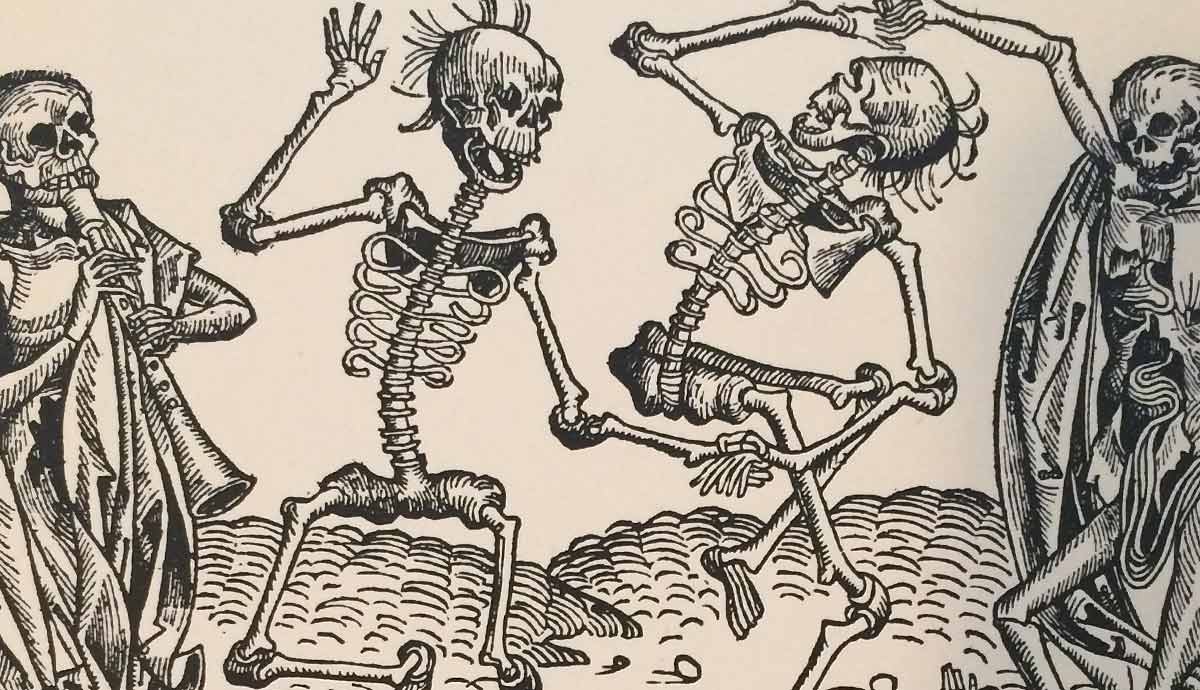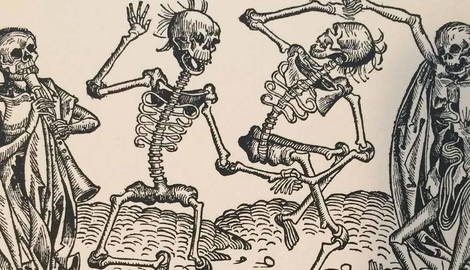
If there is one constant throughout history, it is our species’ continual attempts to explain the universe’s greatest mysteries: life, death, and the afterlife. From ancient myths and the birth of religions to individual journeys of purpose and frequent quests of self-discovery, humans regularly grapple with these big ideas. Scholars, and philosophers especially, have always tasked themselves with finding answers and meaning in the complex concepts. Socrates, an influential thinker from the fifth century BCE, was one such person.
Socrates Was an Influential Philosopher

A philosopher from Ancient Greece, Socrates was well known — but not always well loved — throughout Athens for his distinctive teaching method, often inflammatory questions, and constant challenges to society. He taught many students using his famous Socratic Method and has become known as one of the founders of Western philosophy. His works have influenced many branches within the field, including ethics, politics, and metaphysics, and the Socratic Method is still used in modern classrooms.
Though Socrates is quite popular today, his teachings drew the negative attention of his local government, and he was executed for supposedly corrupting the youth with his questioning of traditional values. Unlike other influential philosophers, Socrates didn’t leave behind any writings of his own. Instead, his students — especially Plato — wrote about his beliefs, which is how we know about his philosophies of life, death, and the afterlife.
Life Is for Learning

“The unexamined life is not worth living” (Socrates’s defense at his trial, as discussed in Plato’s Apology).
Like many philosophers, Socrates was concerned with how to live the best life possible. He contemplated topics such as justice and virtue, searched for answers with his students, and grappled with what it meant to be good. He dedicated his life to discussing the meaning of life, and he came away with an answer. For Socrates, it was all about constant learning; he believed wisdom was the key to living a good life.
Socrates perceived life as a chance to acquire wisdom. One should always question everything — their beliefs, values, assumptions, and actions. It is only through critical examination that people can gain the wisdom necessary for virtue. Importantly, Socrates believed that the quest for wisdom was never over. It isn’t possible to know everything, and the true journey to wisdom throughout one’s life begins the moment this is recognized.
Death is Just a Transition

“There is a change and migration of the soul from this world to another” (Socrates discussing death in Plato’s Apology).
Socrates viewed death as a transformational period that is natural in all ways and nothing to fear. He argued that philosophers, especially those like him who have dedicated their lives to the pursuit of knowledge, are in the best position to face death because he believed thanatophobia stems from worries about the unknown, not death itself. Philosophers are wise enough to know that death is not the end but rather a time of change when the soul can be liberated from the confines of the human body and return to its natural state.
In Plato’s Phaedo, Socrates’s ideas about the soul are tied to Plato’s Theory of Forms — the idea that the material world is a (flawed) reflection of a higher, non-physical world. While one’s soul is in their body, it is a fractured reflection of its true potential; only through the transition of death can the soul achieve perfection.
The Afterlife is Forever

“The soul, whose inseparable attribute is life, will never admit of life’s opposite, death” (Socrates discussing the soul’s immortality in Plato’s Phaedo).
If death is not the end, then what is? Well, there isn’t really an end, at least according to Socrates. The philosopher taught that the soul is immortal — it existed before life and will continue to exist after death. Physical bodies are simply prisons; they hold souls captive, using them throughout life. All bodies wither away, though, and once death releases the soul, it is free to return to where it originated.
While Socrates doesn’t explicitly discuss what, exactly, this origin point — and eventual afterlife — might look like, he did believe that good things are waiting for those who have lived a good life. Though his discussions on the topic are far more abstract than the modern-day visions of heaven and hell, Socrates remained positive and argued that people who have lived a virtuous life will likely have an easier journey into the afterlife than those who haven’t.










